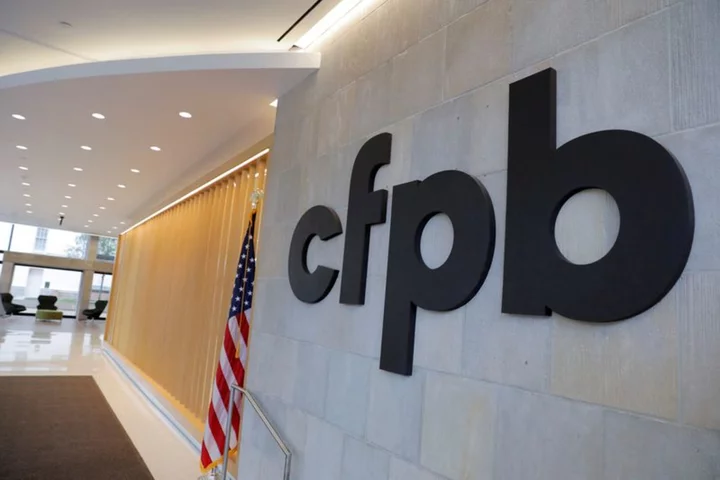By Jody Godoy
A Texas judge on Monday ruled that many U.S. lenders need not comply with a Consumer Financial Protection Bureau (CFPB) mandate to gather demographic data on small business borrowers while the U.S. Supreme Court weighs the agency's funding.
The Texas Bankers Association (TBA), American Bankers Association (ABA) and a small Texas bank sued in April, saying the CFPB had no authority to issue the rule because an appeals court found the regulator's funding structure unlawful.
U.S. District Court Judge Randy Crane in McAllen, Texas, granted a preliminary injunction blocking the CFPB from enforcing the rule against members of both groups and McAllen-based Rio Bank.
A spokesperson for the CFPB declined to comment.
The TBA includes 400 member banks, and while the ABA does not specify how many members it has, they collectively hold $19.2 trillion in deposits.
Crane blocked the rule pending a ruling by the U.S. Supreme Court on the CFPB's funding structure. The justices are scheduled to hear the case in the fall.
The rule, finalized in March, requires lenders to gather and report to the CFPB data on small business loan applications, including whether the firms are owned by women or racial minorities.
Some financial institutions are required to begin complying in October 2024, according to court papers.
Rio Bank and the trade groups said lenders are already expending resources to prepare. Small banks will spend at least $100,000 to comply, and mid-sized lenders may fund fewer small businesses to avoid doing so, they said.
They argued the 5th U.S. Circuit Court of Appeals' ruling in October undermined the agency's authority, and asked Crane to suspend the rule.
The 5th Circuit found that the CFPB's independent funding through the Federal Reserve, rather than budgets passed by Congress, violated the separation of powers principle in the U.S. Constitution.
The CFPB quickly appealed the decision to the U.S. Supreme Court, arguing that the Constitution does not limit how Congress structures funding for agencies.
Congress created the CFPB in 2010 through the passage of the Dodd-Frank Act in response to the 2008 financial crisis. The law also required the small business loan rule.
The case is Texas Bankers Association et al v. Consumer Financial Protection Bureau et al., No. 23-00144, U.S. District Court, Southern District of Texas.
(Reporting by Jody Godoy in New York; Editing by Nick Zieminski)

